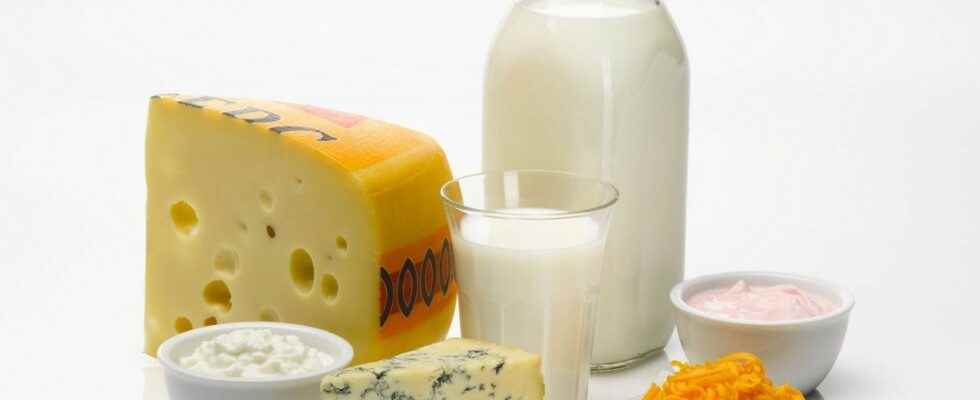Published on
Updated
Reading 2 mins.
According to a new study conducted on half a million Chinese, the regular consumption of dairy products would increase the risk of cancer.
Several studies carried out on Western populations have already proven that there is a link between the consumption of dairy products and certain cancers, in particular that of the prostate. The last comes from China, where the rate of cancers and the consumption of dairy products are lower than in the West. According to the study, the more dairy products you consume, the greater your risk of developing cancer. The results were published on May 6 in the journal BMC Medicine.
An 11-year study of half a million people
The researchers recruited 510,146 adults in ten different regions of China between 2004 and 2008. For about 11 years, they studied how often their participants consumed the main food groups, including cereals, fresh vegetables and even produce. dairy.
The participants were thus divided into 3 groups: those who consumed dairy products once a week, those who consumed them once a month and those who never consumed them. 20.4% of participants reported consuming dairy products (mainly milk) regularly, more than once a week. Regular users were more often women, with a higher level of education and income. 68.5% said they never or rarely consume it.
NO to diets, YES to WW!
Dairy products and cancer risk
Of the 510,146 participants (who were cancer-free at baseline), 29,277 developed cancer. Significant positive associations were therefore observed between the regular consumption of dairy products and the risk of cancer. Several specific cancers are linked to the consumption of dairy products: liver cancer (3191 cases), breast cancer (2582 cases) and lymphoma (915 cases).
According to the study, each usual intake of 50g of dairy products per additional day increased the risks of having generalized cancer by 7%, liver cancer by 12%, breast cancer by 17% and lymphoma by 19%. . However, the researchers clarified that the association with lymphoma was not significant after verification.
It is necessary to emphasize that the observed results were independent of other lifestyle factors, notably adiposity. According to the researchers, we should not reduce our consumption of dairy products based solely on the results of their study or “without ensuring adequate intake of protein, vitamins and minerals from other sources”.
Future studies should be conducted to establish causation and the mechanisms involved. These results can then provide important information on potential dietary recommendations to prevent cancer.

